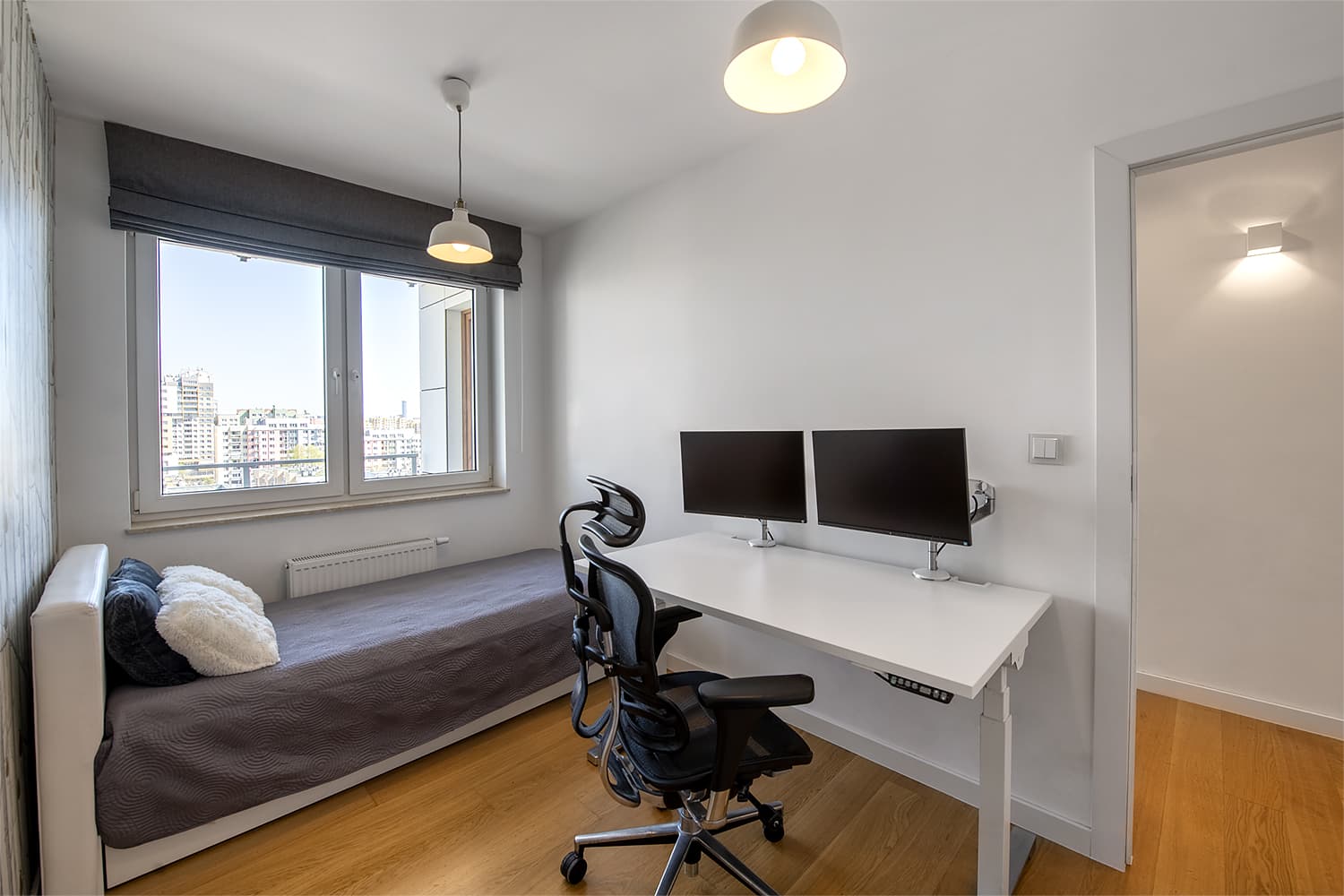Workation in French Polynesia
Coworking Alternative
Workation-Friendly Hotels
Best For Digital Nomads
Hotel Rooms with Workspace

French Polynesia
Top-10 Workation Cities
| City | Workspaces |
|---|---|
| 1. Punaauia | 3 |
| 2. Papara | 1 |
| 3. Pirae | 1 |
| 4. Fare | 1 |
Show more cities |
FAQ
The 15 most frequently asked questions to our local AI-guides in French Polynesia.
- What type of internet connection is available in French Polynesia?
Internet access in French Polynesia is generally good, with speeds of up to 20 Mbps available. The majority of the population has access to ADSL and fiber-optic connections, with mobile broadband also available.
- What type of accommodation is available for digital nomads in French Polynesia?
Accommodation options for digital nomads in French Polynesia include hotels, resorts, apartments, and villas. Airbnb is also popular in the region, and there are plenty of options for those looking for a more affordable option.
- What type of visa is needed to visit French Polynesia?
Visitors to French Polynesia must have a valid passport and a visa. Visas can be obtained from the French Polynesian Embassy or Consulate in your home country, or from the French Embassy or Consulate in the country of transit.
- What is the currency used in French Polynesia?
The currency used in French Polynesia is the CFP Franc (XPF). Credit and debit cards are widely accepted, and ATMs are available in most towns and cities.
- What type of activities can digital nomads do in French Polynesia?
Digital nomads can enjoy a range of activities in French Polynesia, including swimming, snorkeling, kayaking, sailing, and scuba diving. There are also plenty of opportunities to explore the local culture, with markets, festivals, and traditional dances all on offer.
- What is the cost of living in French Polynesia?
The cost of living in French Polynesia is generally higher than in other countries. Groceries and basic necessities are more expensive than in other parts of the world, and accommodation can be expensive depending on the location. Eating out can also be expensive, but there are plenty of affordable options available.
- What type of healthcare is available in French Polynesia?
French Polynesia has a good standard of healthcare, with both public and private hospitals available. There is a wide range of medical services available, including general practitioners, specialists, and pharmacies. Most medical services are free of charge for French citizens and residents.
- What type of transportation is available in French Polynesia?
Public transportation in French Polynesia is limited, and most people rely on taxis or rental cars to get around. There are also regular ferry services between the islands, and flights available to the larger islands. Buses are available in some areas, and cycling is an option in some towns and cities.
- What type of climate can digital nomads expect in French Polynesia?
French Polynesia has a tropical climate, with warm temperatures year-round. The weather is generally sunny and dry, with occasional showers. The temperature rarely drops below 25°C (77°F), and the humidity is usually high.
- What type of safety measures should digital nomads take in French Polynesia?
Digital nomads should take the usual safety precautions in French Polynesia, such as not walking alone at night, avoiding dark and isolated areas, and keeping valuables out of sight. It is also advisable to familiarize yourself with local laws and customs before travelling.
- Are there any coworking spaces in French Polynesia?
Yes, there are a few coworking spaces in French Polynesia. The largest is the Tahiti Coworking Space in Papeete, which offers a range of services for digital nomads. There are also smaller coworking spaces in other towns and cities.
- What type of food can digital nomads find in French Polynesia?
French Polynesia is a paradise for foodies, with a range of local and international cuisines available. Traditional Polynesian dishes include poisson cru (raw fish marinated in coconut milk and lime juice) and taro (a root vegetable). There are also plenty of French, Chinese, and Italian restaurants in the larger towns and cities.
- Are there any coworking visas available in French Polynesia?
No, there are currently no coworking visas available in French Polynesia. However, digital nomads can apply for a long-stay visa, which allows them to stay in the country for up to six months.
- What type of language is spoken in French Polynesia?
The official language of French Polynesia is French, and it is spoken by the majority of the population. Tahitian is also widely spoken, and English is spoken by some locals. Most signs and public information is in French.
- What type of medical insurance should digital nomads get for French Polynesia?
Digital nomads should get comprehensive medical insurance for their stay in French Polynesia. This should cover any medical expenses incurred, as well as any emergency evacuation or repatriation costs. It is also advisable to get travel insurance to cover any other costs associated with your stay.